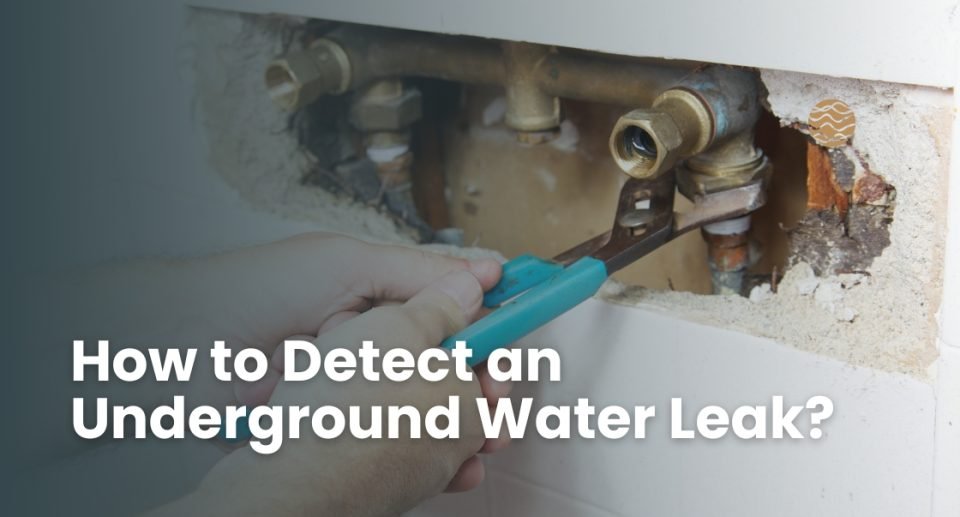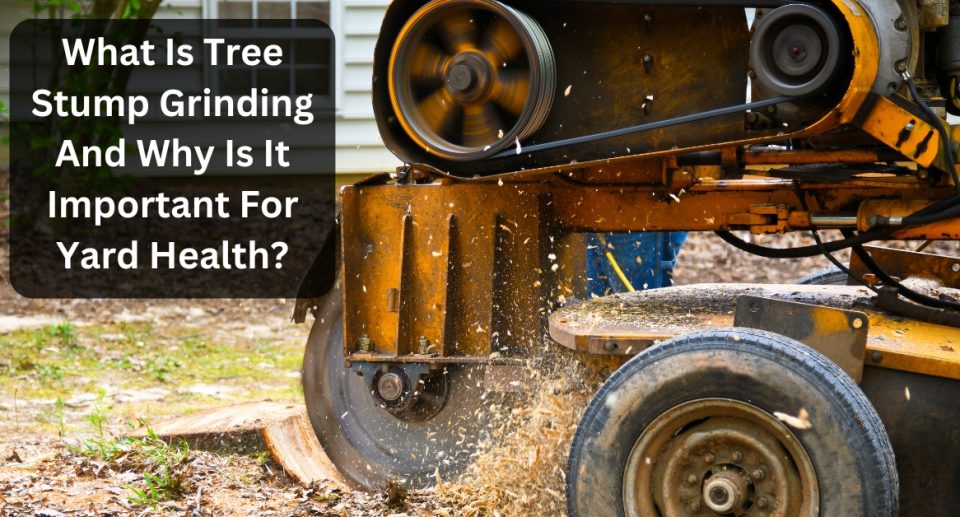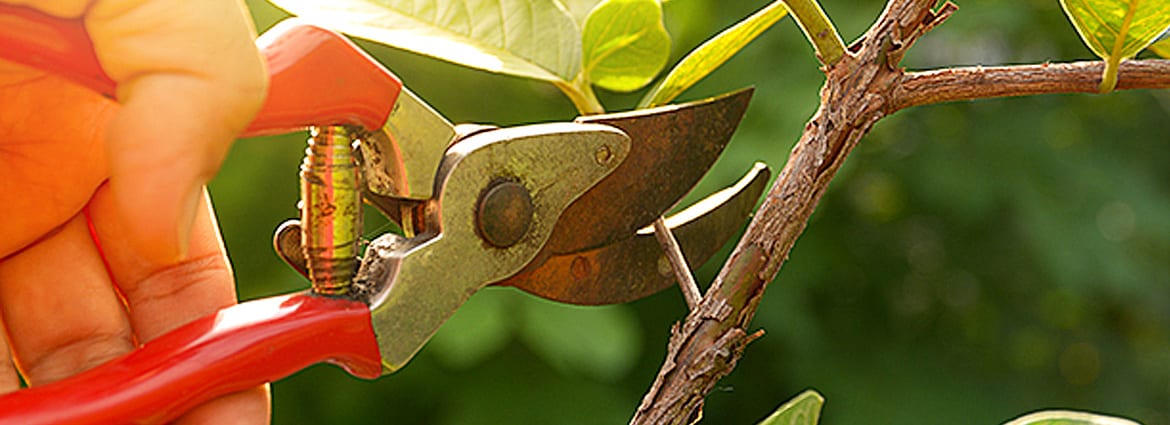Detecting an underground water leak can save you time, money, and potential damage to your property. Water leaks, if left unchecked, can lead to higher utility bills and even structural damage. This guide will help you spot and address these hidden leaks effectively.
What Are the Common Causes of Underground Water Leaks?
Underground water leaks commonly occur due to several factors, including natural wear and tear, corrosion, ground shifting, and tree root intrusion. Pipes degrade over time due to aging and material fatigue, while metal pipes can corrode, especially in acidic environments.
Here are some common causes of underground water leaks:
1. Natural Wear and Tear:
Over time, underground pipes can degrade and develop leaks due to aging and material fatigue. As pipes age, the materials they are made from can weaken and become more susceptible to damage. This process, known as material fatigue, occurs when the constant pressure and flow of water through the pipes gradually wear down the pipe walls.
2. Corrosion:
Pipes made of metal, such as iron or steel, are prone to corrosion over time, particularly in environments with acidic soil or water. Corrosion is a natural process that occurs when metal reacts with oxygen and moisture, leading to the gradual deterioration of the pipe’s material. In acidic environments, this reaction is accelerated, causing the metal to rust and weaken more quickly.
3. Ground Shifting:
Soil movement, particularly during freeze-thaw cycles or seismic activity, can stress and damage underground pipes, leading to leaks. During freeze-thaw cycles, the water in the soil around the pipes expands and contracts as it freezes and thaws. This repeated expansion and contraction can create significant pressure on the pipes, causing them to shift, crack, or even burst.
4. Tree Root Intrusion:
Tree roots seeking water can penetrate and damage underground pipes, causing leaks. As trees grow, their roots naturally extend in search of moisture and nutrients. If they encounter underground pipes, the roots can infiltrate small cracks or joints, eventually causing significant damage. Over time, the pressure from the growing roots can widen these openings, leading to leaks or even complete pipe blockages.
5. Poor Installation or Materials:
Pipes that are improperly installed or made from substandard materials are more prone to developing leaks over time. Poor installation practices, such as inadequate sealing of joints or incorrect pipe alignment, can create vulnerabilities in the plumbing system. These weaknesses can lead to immediate leaks or develop into more serious problems as the system is subjected to regular use and environmental pressures.
Signs of an Underground Water Leak
1. Unusually High Water Bills
One of the first signs of an underground water leak is an unexpected increase in your water bill. If your bill has suddenly increased without any changes in your usage habits, it could be due to a hidden leak. Water that escapes from a leak still passes through your meter, causing higher readings and subsequently higher bills.
2. Low Water Pressure
A noticeable drop in water pressure is another common indicator of an underground leak. When water is escaping from a break in the pipe, less water reaches your fixtures, resulting in reduced pressure. If you experience a sudden drop in water pressure throughout your home, it’s worth investigating further.
3. Wet Spots and Puddles
Unexplained wet spots, puddles, or patches of greener grass in your yard can also indicate a water leak. Water escaping from underground can saturate the soil, causing these visible signs on the surface. Puddles that don’t dry out or areas of your yard that are consistently wetter than others are strong indicators of a possible leak.
4. Sound of Running Water
Hearing the sound of running water when all faucets and water-using appliances are turned off is another clue that there might be a hidden leak. This sound can often be heard in quiet areas of your home, such as basements or near water pipes.
5. Foundation Cracks
Cracks in your home’s foundation or driveway can occur due to soil erosion caused by water leaks. Water from a leak can wash away the soil supporting your foundation, leading to cracks and structural damage. If you notice new or expanding cracks, it’s essential to check for potential leaks.
Steps to Detect an Underground Water Leak
1. Check Your Water Meter
To detect a water leak using your water meter, first, turn off all water appliances and ensure no water is being used in your home. Note the current reading on your water meter. Wait 30 minutes to an hour without using any water, then check the meter again. If the reading has changed, you likely have a leak.
2. Inspect Visible Plumbing
During a plumbing inspection, it’s crucial to follow a checklist to identify potential leaks. Examine all visible plumbing in your home for signs such as dripping pipes, damp walls, or other indications of water leakage. Focus particularly on areas around sinks, toilets, and water-utilizing appliances. This thorough examination helps detect issues early, preventing costly water damage and repairs down the line.
3. Use a Leak Detection Device
Electronic leak detectors are devices that can help identify the exact location of a leak. These devices work by listening for the sound of escaping water, which is often not audible to the human ear. They are particularly useful for detecting underground leaks.
4. Conduct a Dye Test
A dye test can help determine if there is a leak in your toilet. Add a few drops of food coloring to your toilet tank, choosing a color that is easily noticeable. Wait for about 15 minutes without flushing the toilet. Then, check the toilet bowl. If the color appears in the bowl, it indicates a leak in the flapper or tank.
5. Monitor Water Usage
Keep an eye on your water usage patterns. Sudden increases or fluctuations in water usage can be a sign of a leak. Many modern water meters and utility providers offer online tools to track your water usage in real-time.
When to Call a Professional
If you suspect a leak but can’t locate it, it’s time to call a professional plumber. Plumbers have specialized equipment like acoustic listening devices, ground microphones, and thermal imaging cameras to pinpoint leaks without digging up your yard. These tools can accurately locate leaks, minimizing the need for extensive excavation.
Prevention Tips
1. Regular Inspections
Schedule regular inspections with a professional plumber. Routine checks can catch potential issues early, preventing major leaks and costly repairs. Regular maintenance ensures that your plumbing system remains in good condition.
2. Monitor Water Usage
Be mindful of your water usage patterns. Keep track of any sudden changes or unusual spikes in usage, as these can indicate a leak. Many utility companies provide detailed water usage reports, which can help you monitor your consumption.
3. Install Leak Detection Systems
Modern leak detection systems can alert you to leaks before they become significant problems. These systems use sensors placed throughout your home to detect moisture and send alerts to your phone or email. Investing in a leak detection system can provide peace of mind and protect your property from water damage.
Conclusion
Detecting an underground water leak early is crucial to prevent extensive damage and higher repair costs. By following these steps, you can identify and address leaks before they become major problems. Regular inspections, monitoring your water usage, and installing leak detection systems are all effective strategies to protect your home.
If you ever need immediate assistance, consider contacting Emergency Plumbers in Napa, CA. Their expertise can help you address any leak issues quickly and efficiently.. Remember, taking proactive steps to detect and prevent leaks can save you money and protect your property in the long run.





